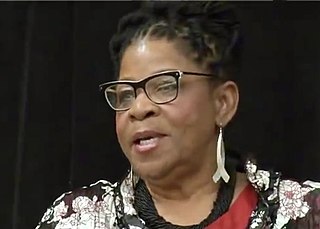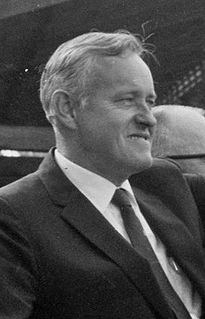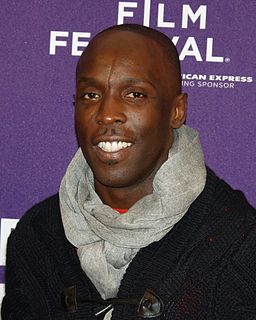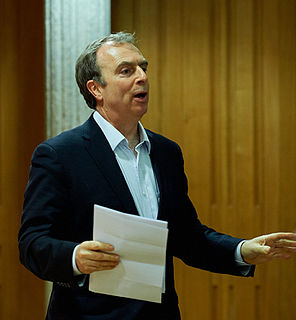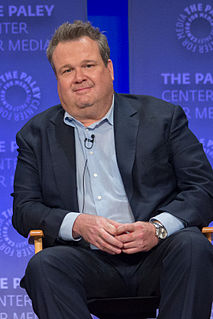A Quote by Sam Branson
Incarceration has become a business. It is in the interest of the police and the prisons to keep locking people up.
Related Quotes
It has to be about more than punishment. We need to rehabilitate people. We lock up far too many people in America today. We lock them up as if locking them up is gonna solve the problem. And locking them up does not solve the problem. Did locking me up make me better? No, it did not. It made my struggle harder.
Exposing police lying is difficult largely because it is rare for the police to admit their own lies or to acknowledge the lies of other officers. This reluctance derives partly from the code of silence that governs police practice and from the ways in which the system of mass incarceration is structured to reward dishonesty.
The prison-industrial complex employs millions of people directly and indirectly. Judges, prosecutors, defense attorneys, prison guards, construction companies that build prisons, police, probation officers, court clerks, the list goes on and on. Many predominately white rural communities have come to believe that their local economies depend on prisons for jobs.
In Western Australia, minerals are being dug up from Aboriginal land and shipped to China for a profit of a billion dollars a week. In this, the richest, 'booming' state, the prisons bulge with stricken Aboriginal people, including juveniles whose mothers stand at the prison gates, pleading for their release. The incarceration of black Australians here is eight times that of black South Africans during the last decade of apartheid.




